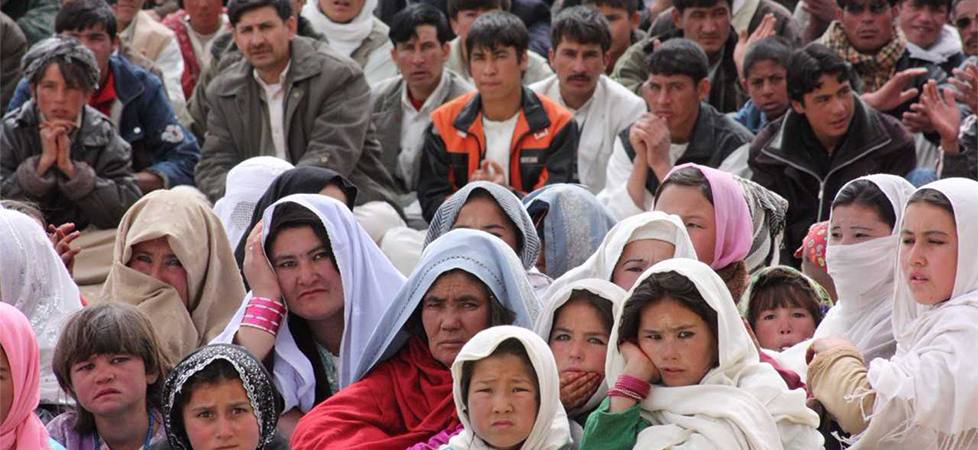This two-day conference at Yale University, held from 13-14 April 2018, will investigate identities in contemporary Afghanistan. Social organization in Afghanistan is complex with interwoven identities based on religion, ethnicity, regional identity and political affiliation—amongst others—deeply entrenched by a legacy of conflict, processes of state formation and other broad historical forces.
The US-led intervention and the socio-political forces it has unleashed have triggered a period of significant social re-organization and change in Afghanistan. For example, new modes of government have led to shifting ethnic relations. Traditional forms of masculinity and femininity are being contested by imported Western conceptions of gendered identity and sexuality. Contemporary manifestations of Afghan nationalism engender new forms of national identity that, in turn, intersect and interact with emerging ethnic and regional identities. In addition, ‘new’ forms of identity have gained traction in present-day Afghanistan, including the growing distinction between ‘returnees’ and those who remained in-country during the recent decades of conflict. Class relations and associated modes of distinction have grown in importance in rural areas of the country and in previously impoverished communities. And, the salience of generational membership—in the context of a rapidly modernizing and increasingly educated youth—has become increasingly important.
The conference welcomes scholars to New Haven, Connecticut for the purposes of presenting papers and engaging in scholarly dialogue. Through a series of panels, speakers will present and discuss topics relating to identity, intersectionality, social organization and change in contemporary Afghanistan. The conference will be a public event in which proceedings will be enjoyed by Yale faculty and students and members of the public.


